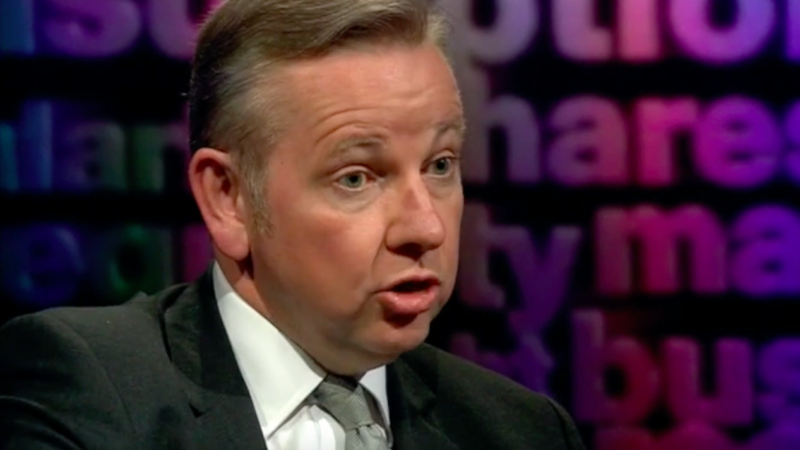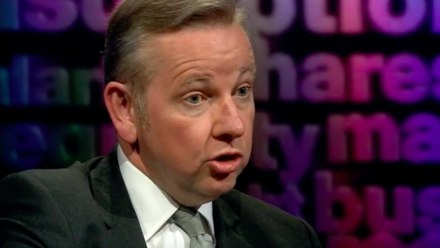

Last week saw the demise of yet another free school. Southwark Primary, which opened four-and-a-half-years ago in temporary buildings, will hastily close by February half-term never having made it to its permanent site, after being developed at great public expense.
As Southwark council steps in to pick up the pieces and find places for children at other local schools it is difficult not to grind the axe about the government’s free school programme. We remain pragmatic that the programme is here to stay. However the government must reconsider the need for free school applicants to have a local and outstanding educational experience. At a time when many areas are experiencing a shortage of school places, and schools’ budgets are being cut, they must also stop wasting money building schools where there is no established demand.
The story of free schools in Southwark makes clear the important role that councils still have to play in education despite the Tories’ marginalising of our local expertise. We have seen a handful of free schools open in Southwark. Southwark primary free school was set up without the support of the council, in an area that didn’t have acute pressure on places and by a group that had no notable experience of running a primary school locally. It has never established itself as a school of choice – pupils range in age from four to nine years old but total only 56 rather than the 300 that could have been admitted by now. It has also been a source of constant worry to the council because of the quality of teaching, the turnover of headteachers and the poor quality of the temporary facilities, where it has remained for far too long.
However, where there has been involvement of the council – as an honest broker, if you like – free schools have become popular choices for parents. Strong community support, areas with acute shortages of places and the council working with established local providers have been key ingredients in creating successful schools. Two such schools are actually in council buildings – former schools that had been closed for a number of years with the buildings used for different purposes. It was the council that approached two local academies to work with us to reopen the buildings as much needed primary schools. Both have been given clear bills of health by Ofsted and are having no difficulty attracting pupils.
A large community campaign for a much-needed new secondary school, supported by the council, has seen another “home-grown” and outstanding Southwark school open a second school this last September. As proof of the strange educational landscape we find ourselves in, it is now the council that is managing the procurement and building of this £46m scheme rather than the Education Funding Agency.
Before left-leaning readers write-off Southwark council for colluding in the free school programme it worth noting that many free school proposals here have not gained any momentum. In fact we are probably one of the few places where a free school received approval to open but never did after a concerted campaign to prevent it. It’s not everyday that you win a fight against the Harris Federation.
More importantly it is Southwark’s own investment in community primary schools that has provided the great majority of school places that we need. With the government refusing to let local authorities open schools we took the decision to expand existing schools where we could. Community primary schools and special schools – that are rated “good” or “outstanding” by Ofsted and that are in areas of high demand and have been oversubscribed – which posses the space to expand have been part of an investment programme worth well over £120m. The majority of that funding is council capital that could have been spent elsewhere. It hasn’t been because we made a very clear decision about the importance of local community schools. With the ending of building schools for the future we have also used expansion as a means to improve our existing school estate.
We are proud of these community schools and we are proud of the collaborative relationship we have with the majority of our academies and free schools. They work with an incredibly diverse population, that often faces many challenges, which brings me back full circle to Southwark primary free school. This vanity project has failed one of our most disadvantaged communities. Some 53 per cent of the pupils at SPFS are disadvantaged, 22 per cent have special educational needs and 61 per cent of pupils do not have English as their first language. At key Stage one, 76 per cent of Southwark children would reach the expected standard in maths and 71 per cent would meet it for writing, the comparative figures for Southwark primary are nine per cent and 27 per cent. A project cooked up by Conservative politicians who profess to be committed to social mobility has failed some of our most vulnerable young learners.
The story of education in inner London is one where our students very often arrive at school behind where they should be in development. Yet we are a success story. Our children leave our schools outperforming their peers across the country. Day in, day out, Southwark schools are doing the heavy lifting when it comes to social mobility and our schools and the local authority are incredibly skilled in doing this. Yet, at a time when experts seem to have been dismissed, it often feels that this educational know-how has been brushed aside.
Victoria Mills is Labour councillor for Peckham Rye in Southwark and cabinet member for children and schools.



More from LabourList
Humza Yousaf woes deepen as Labour files no-confidence vote in government
‘History and poll leads suggest Labour can be bolder, even if it costs some votes’
Labour warned ‘ethical foreign policy’ inevitably sparks charge of ‘hypocrisy’